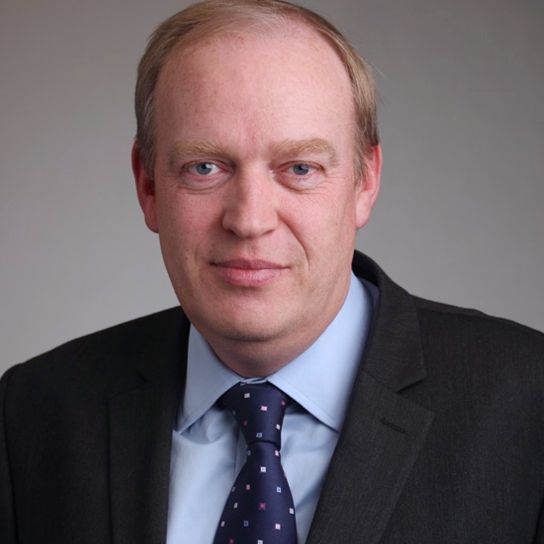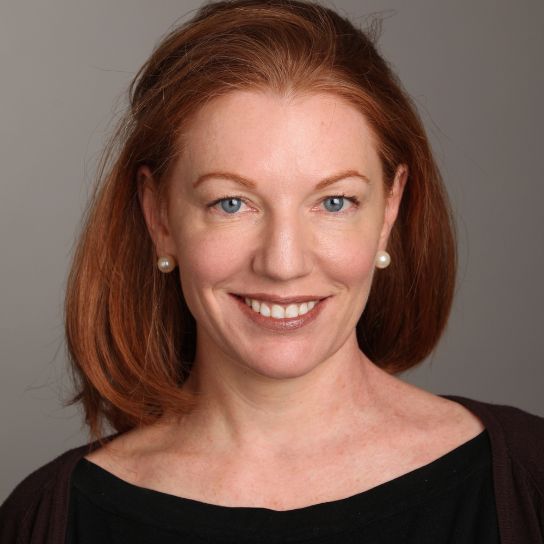In a recent decision the High Court granted the claimants permission to call evidence from a fresh expert on condition that they disclose any reports and documents received from the retiring expert in which he had expressed opinions on the relevant matters. The court did not go so far as to order disclosure of solicitors' attendance notes recording the expert's opinions, saying there would have to be at least a very strong appearance of "expert shopping" before such an order should be made: BMG (Mansfield) Ltd and another v Galliford Try Construction Ltd and another [2013] EWHC 3183 (TCC).
It is well established that the court can, and normally will, require a party to waive privilege in a previous expert’s report as a condition of granting permission to adduce evidence from a different expert (applying Edwards-Tubb v J D Wetherspoon [2011] EWCA Civ 136 – see post). The present decision is of interest primarily for the suggestion that it might in some cases be appropriate to require disclosure of a solicitor's notes of discussions with the previous expert (as opposed to the expert's reports or draft reports). That appears to go further than previous case law, although the court does emphasise that it would only be justified in a very strong case. Emma Lawrence and Sam Waudby outline the decision below.
 |
Emma Lawrence Senior Associate +44 20 7466 6425 |
 |
Sam Waudby Trainee solicitor +44 20 7466 2194 |
Background
The claimants owned a shopping centre which suffered a serious fire in October 2004. They brought a claim against the contractor and the architect alleging that the damage was more extensive than it would have been had there been adequate fire protection in the shopping centre.
Shortly after the fire the claimants appointed an expert who produced an initial report in April 2005. That was disclosed to the defendants on a without prejudice basis in November 2006. A claim form was issued in October 2010, followed by a without prejudice meeting of the parties' experts and an unsuccessful mediation in April / May 2012.
At this point the claimants' expert, now almost 70 years old, decided that he did not want to continue acting. The claimants therefore applied for permission to call evidence from a new expert witness. The defendants said that this change, coming as it did soon after a failed mediation, had the appearance of "expert shopping" and sought disclosure of documents recording any expression of opinion by the expert in relation to the issues in the proceedings.
Decision
The court (Edwards-Stuart J) granted permission conditional on the claimants disclosing any reports and documents provided to them by the retiring expert in which he expressed opinions or indicated the substance of such opinions on the relevant matters.
Since the claimants needed permission to call expert evidence, it was clear from the authorities that the court could grant permission on the condition that any previous expert report was disclosed. It did not matter whether the previous report was obtained before the issue of proceedings or after it. The judge rejected the submission that that principle applied only to reports prepared for use in litigation.
However, the court was not prepared to order disclosure of the claimant solicitors' attendance notes recording the retiring expert's opinions. Such an order would have been a significant invasion of the claimants' privilege which was not justified on the facts. The judge commented:
"I appreciate that the policy of imposing a condition requiring disclosure of a previous expert's reports is to deter the practice of 'expert shopping', but it seems to me that there has to have been 'expert shopping' or at least a very strong appearance of it, before disclosure of the type sought on this application should be ordered."
This was not a strong case of expert shopping or anything near it; at most there might be said to be a faint appearance of expert shopping. There was no evidence to indicate that the proposed new expert was approached at any time before the retiring expert said he wished to withdraw. The judge said it was not surprising or unreasonable that the expert should wish to withdraw from the case after the unsuccessful mediation, given his age and that the fact that he could reasonably have expected the litigation to have concluded several years earlier.
The judge did comment that it would have been preferable to have a witness statement from the retiring expert himself, but he was reluctant to assume that this was the result of a tactical decision by the claimants rather than the expert's unwillingness to assist further.
Comment
As noted above, the present decision appears to go further than previous cases in suggesting that a party may be required to disclose its solicitor's notes of discussions with a previous expert, as opposed to the expert's reports or draft reports. The judge commented however that there are at least two difficulties in the way of disclosure of such documents:
- First, the notes are likely to record the solicitor's understanding of what the expert said, rather than the expert's actual words, and the two may not be the same. The solicitors may need to check the accuracy of the notes with the expert; obvious difficulties arise if the expert does not agree they are accurate or does not wish to co-operate.
- Second, the notes may well contain material that is not expert opinion, for example views on the other experts, a party's plans for the future conduct of the litigation, and so forth. Although such material could be redacted, the meaning of the disclosed passages may not be properly understood when they are taken out of their context.
In light of these considerations, the judge said there would have to be a very strong case to justify a condition that a solicitor's attendance notes should be disclosed in addition to any reports or draft reports by the expert. So although this case is of interest in raising the possibility of such an order, it is not something that is likely to happen often.
Key contacts
Disclaimer
The articles published on this website, current at the dates of publication set out above, are for reference purposes only. They do not constitute legal advice and should not be relied upon as such. Specific legal advice about your specific circumstances should always be sought separately before taking any action.



